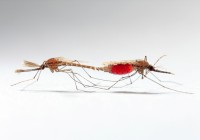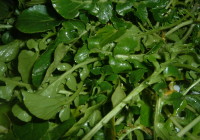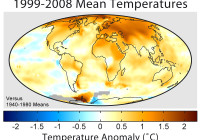Mosquito sex and infection: benefits and costs

Mosquitoes have been called the most dangerous animals in the world because of their role in the transmission of so many deadly diseases. An understanding of their reproductive biology forms a critical part of the knowledge we need to design new strategies to control them. New findings concerning their sexual activity and the effect of malaria infection on their reproductive traits have been published recently.

